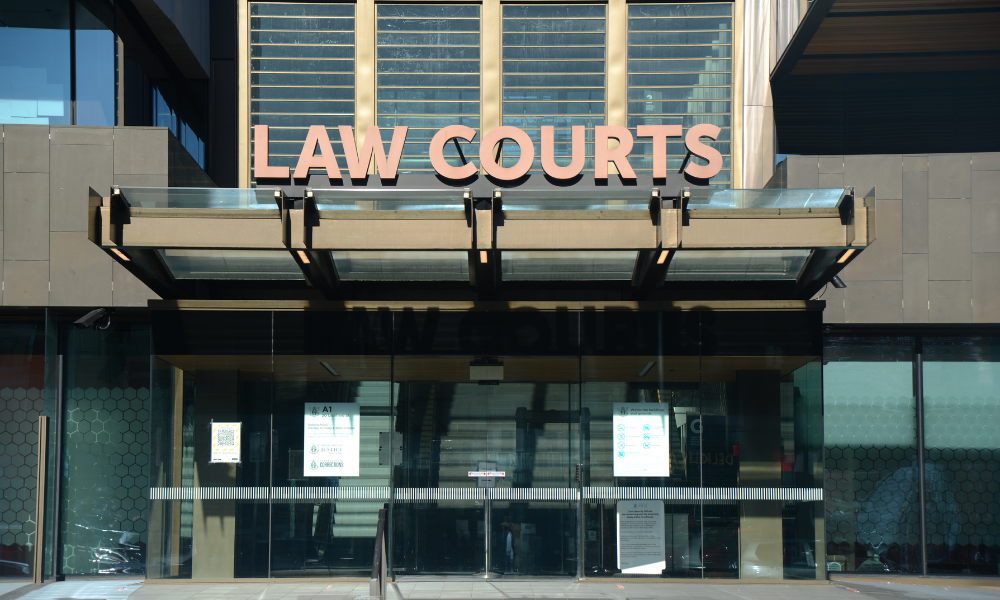
The court found that the system unjustifiably infringed on New Zealanders' rights

The High Court has upheld the challenge of advocacy group Grounded Kiwis against New Zealand’s managed isolation and quarantine (MIQ) system.
In a landmark decision handed down on 27 April, Justice Jillian Mallon found that although “there were no easy answers” as to the restrictions that should have been imposed on New Zealand returnees, the MIQ system “did not sufficiently allow individual circumstances to be considered and prioritised where necessary” and therefore “operated as an unjustified limit on the right of New Zealand citizens to enter their country”.
While she acknowledged the benefit of hindsight, Mallon took issue with the system’s “virtual lobby”, which she said operated as a lottery and did not adequately prioritise emergency situations.
“The emergency allocation process as it operated was an inadequate method of seeking to ensure that New Zealanders could return if they were facing unreasonable delays or had a need to return that warranted priority,” the judge said. “It was inevitable that the system would operate unjustly in some individual cases because of this.”
Mallon added that an “offline system that could properly take into account individual circumstances and needs would have been a less rights impairing option.”
In statements published by the NZ Herald, National Party COVID-19 Response spokesperson Chris Bishop welcomed what he called the “judicial confirmation of state-sponsored cruelty that was the MIQ lottery.” And while Green Party COVID-19 Response spokesman Teanau Tuiono acknowledged the role border restrictions played in protecting New Zealanders, he said that the government should have taken “a more compassionate approach to the MIQ system.”
COVID-19 Response Minister Chris Hipkins said that the government was “carefully considering the court’s decision”, but he also voiced his defence of the MIQ system, stating that it was “always the least worst option”.
According to Stuff, the parties involved in the case now have 14 days to agree on the wording of a declaration.